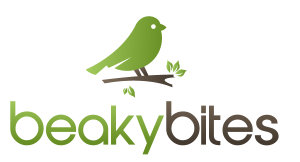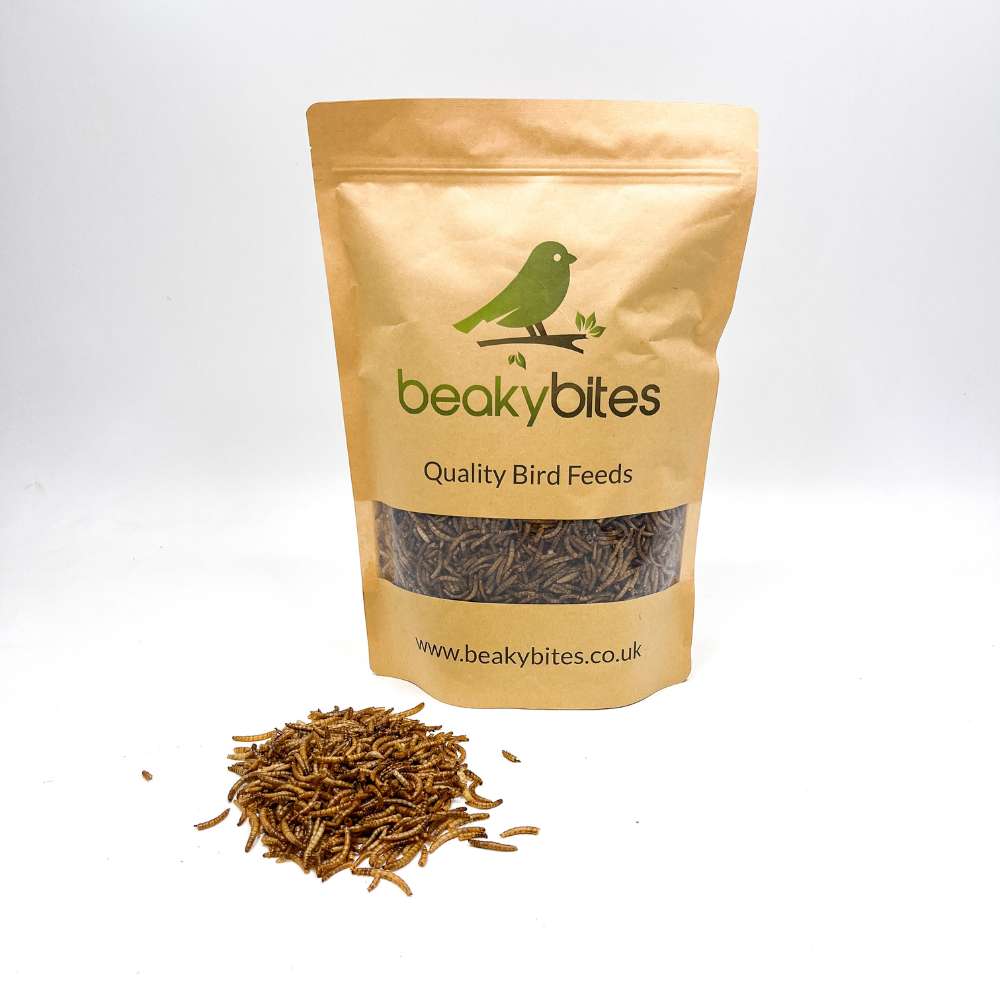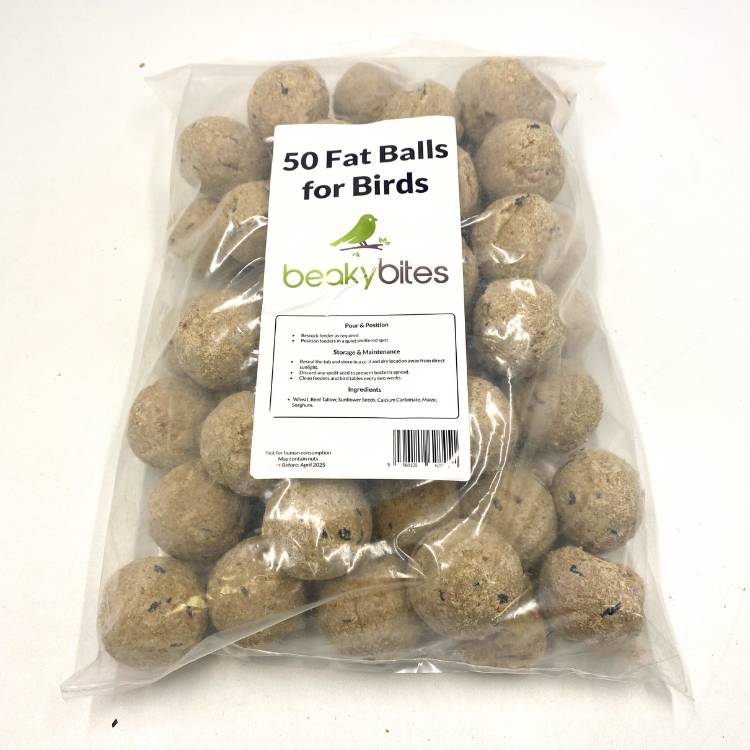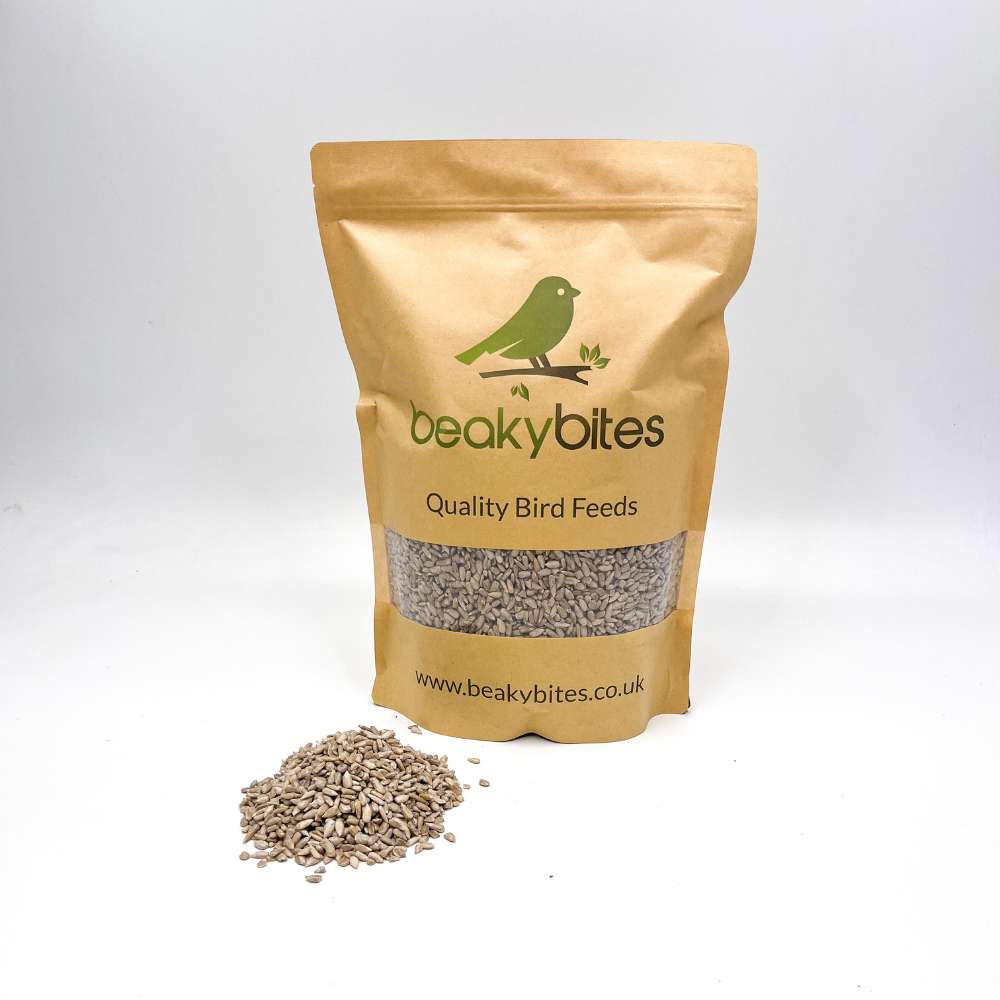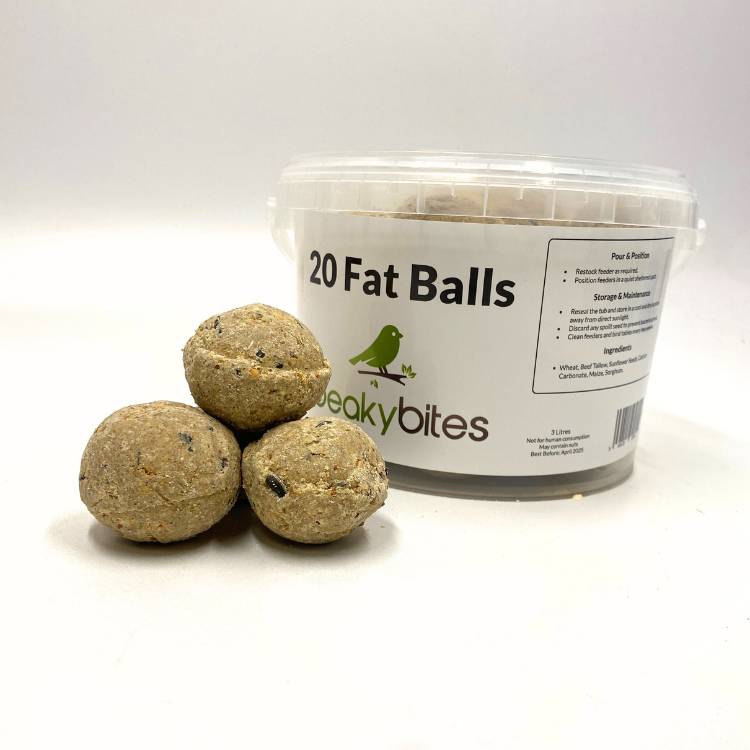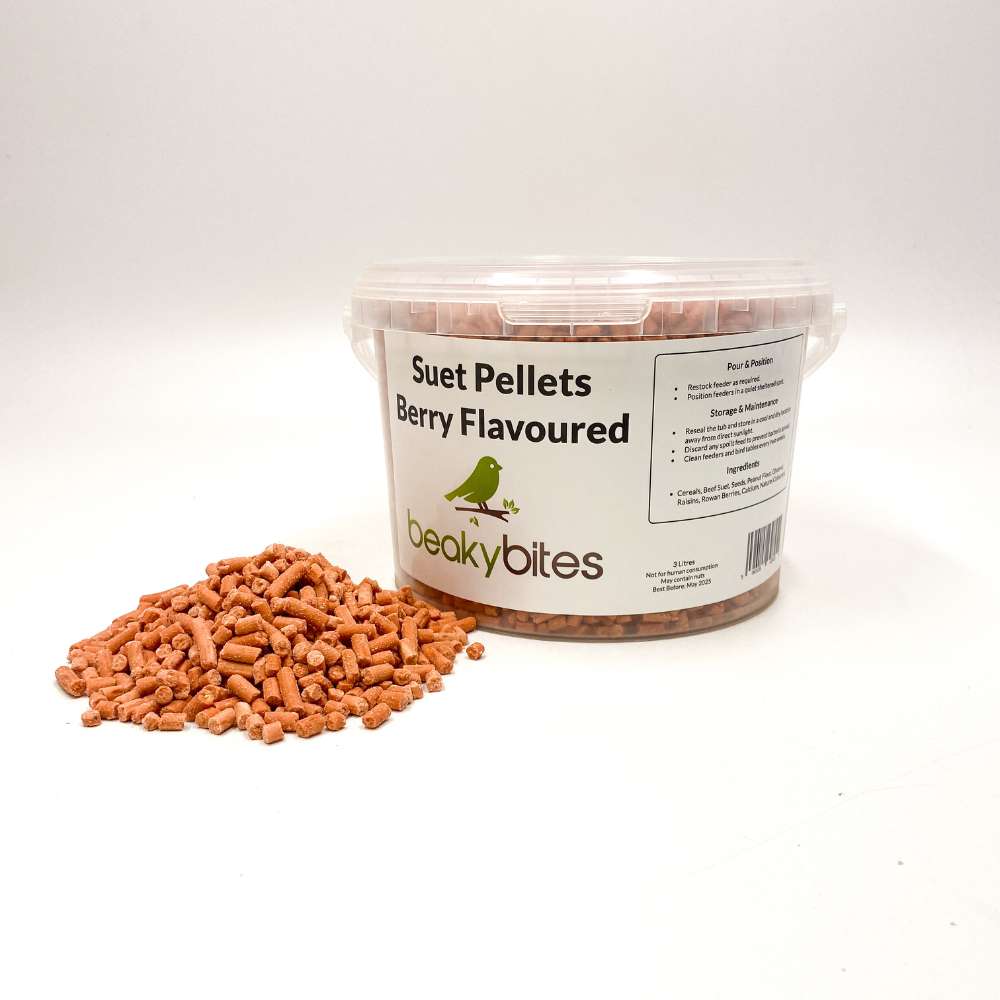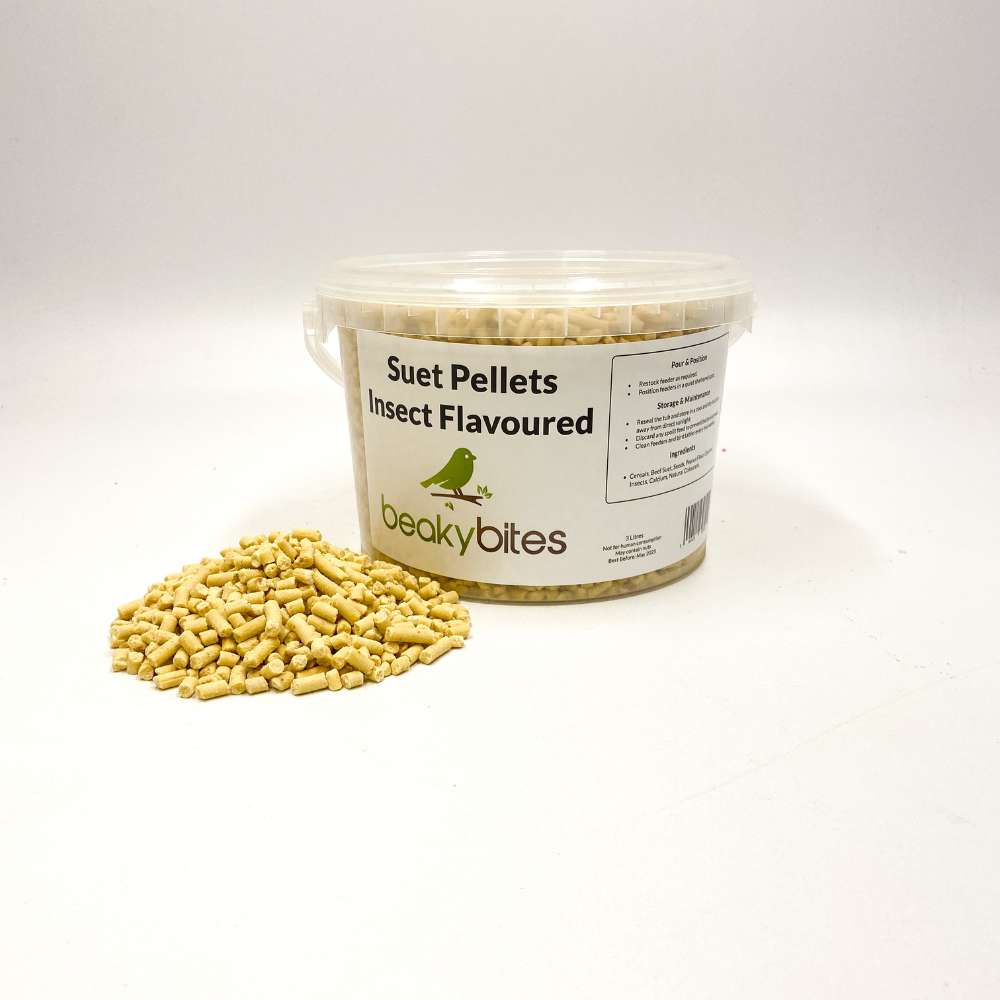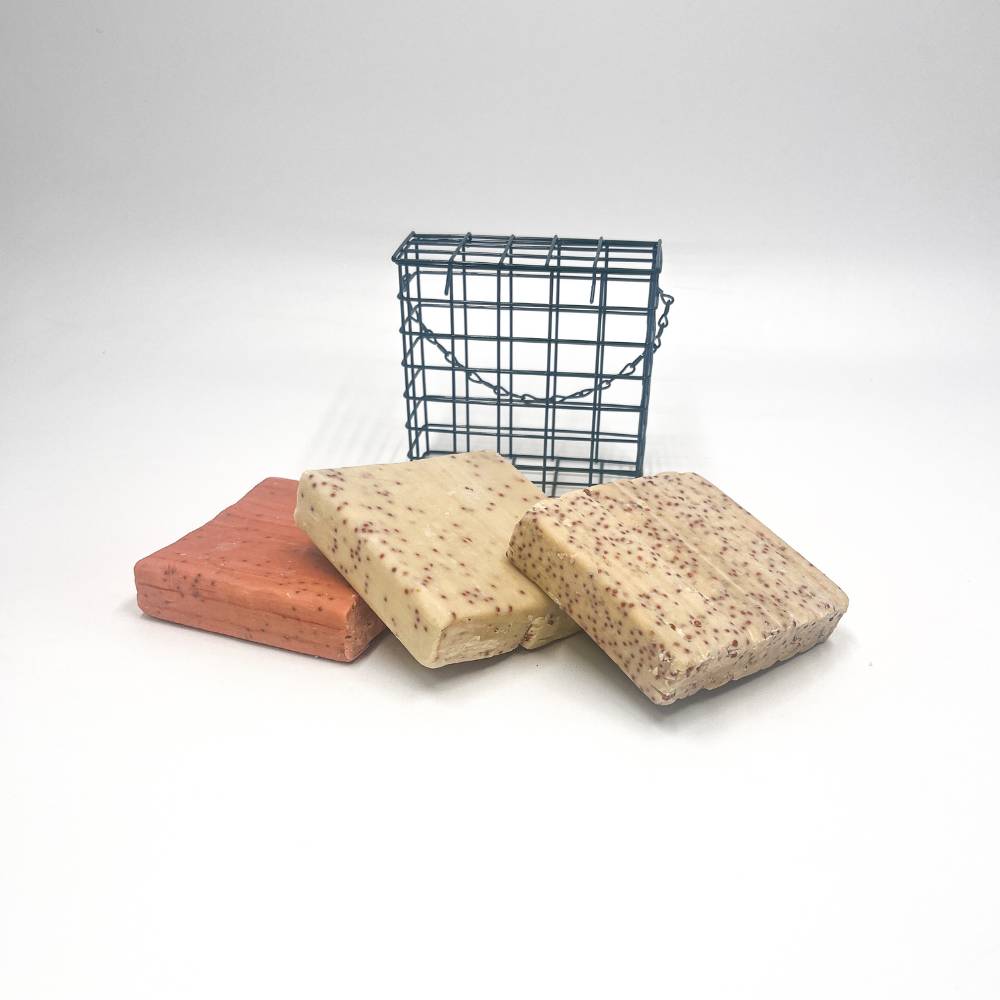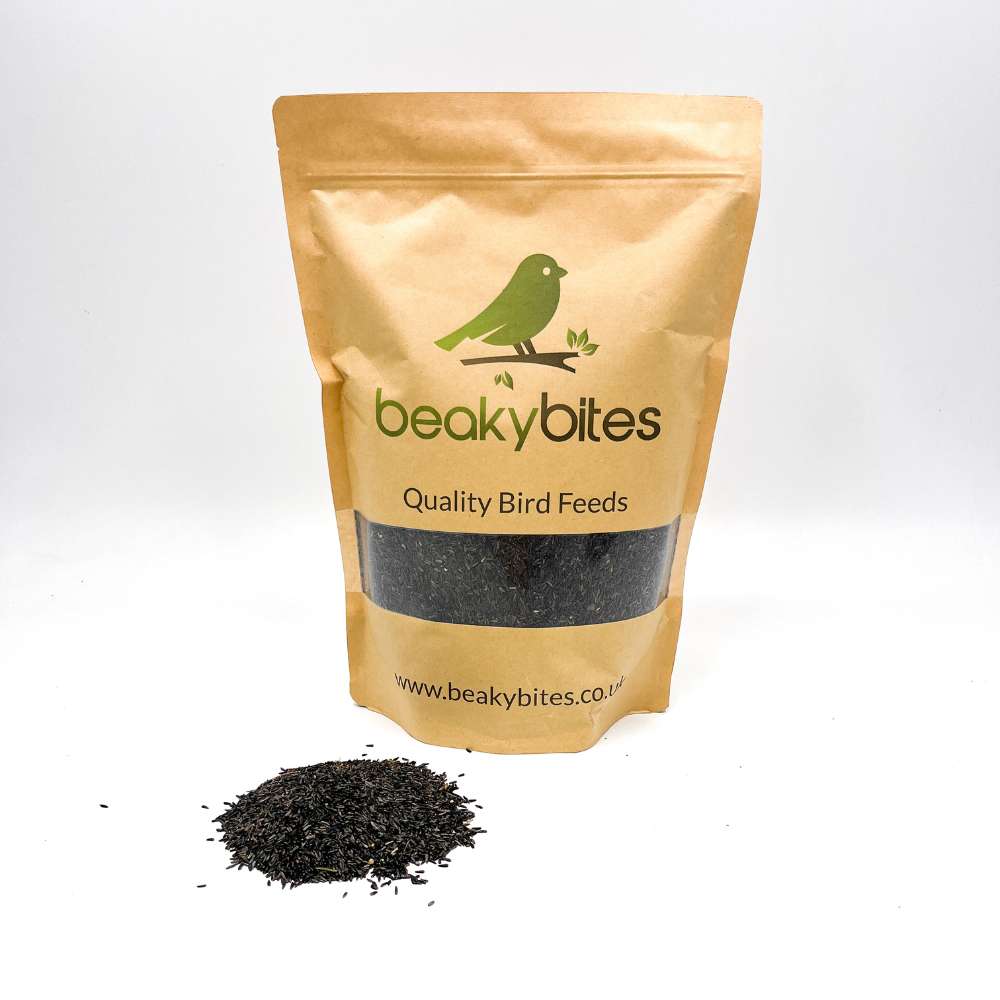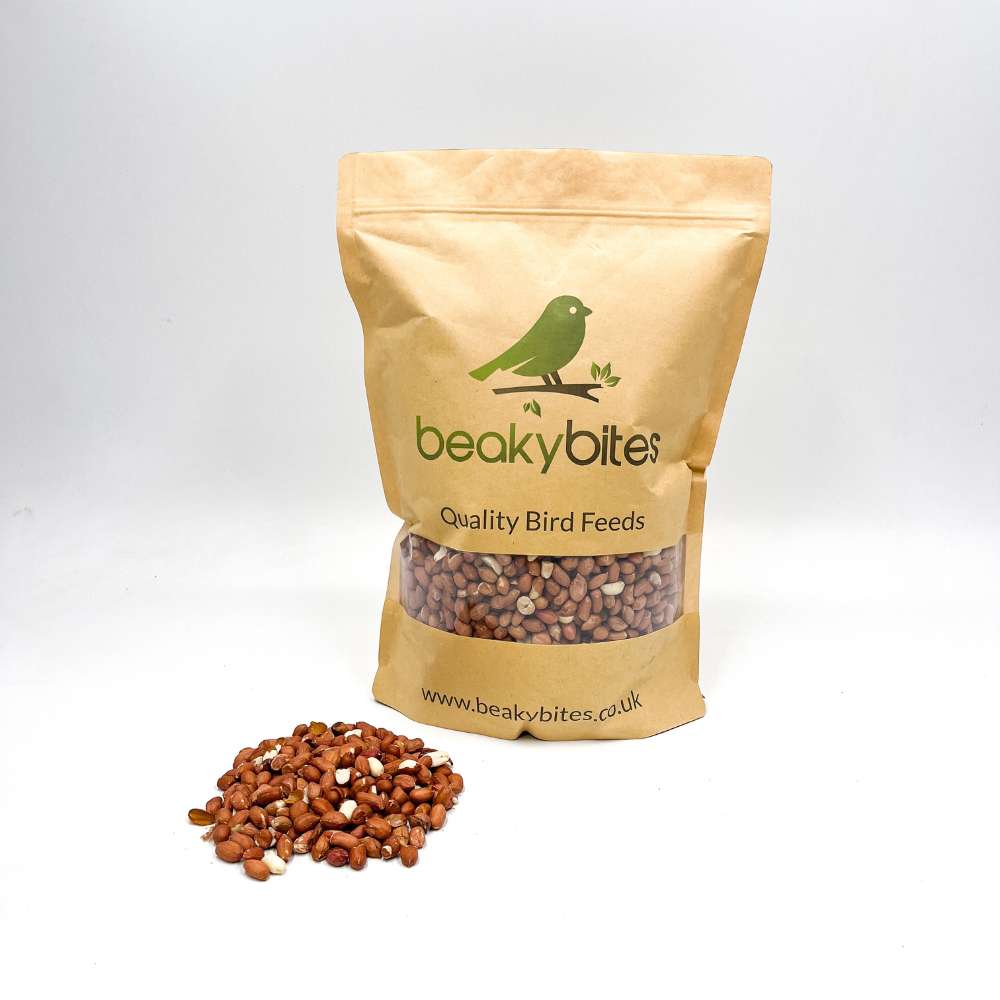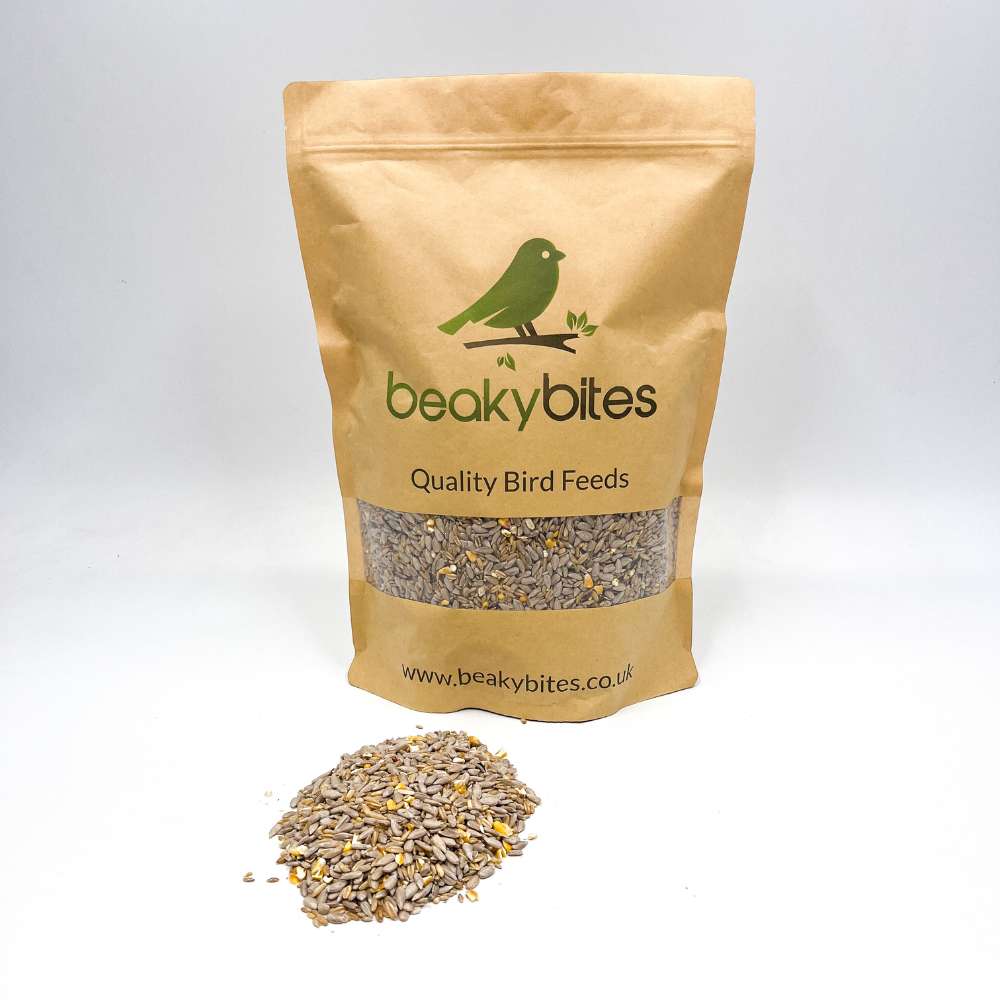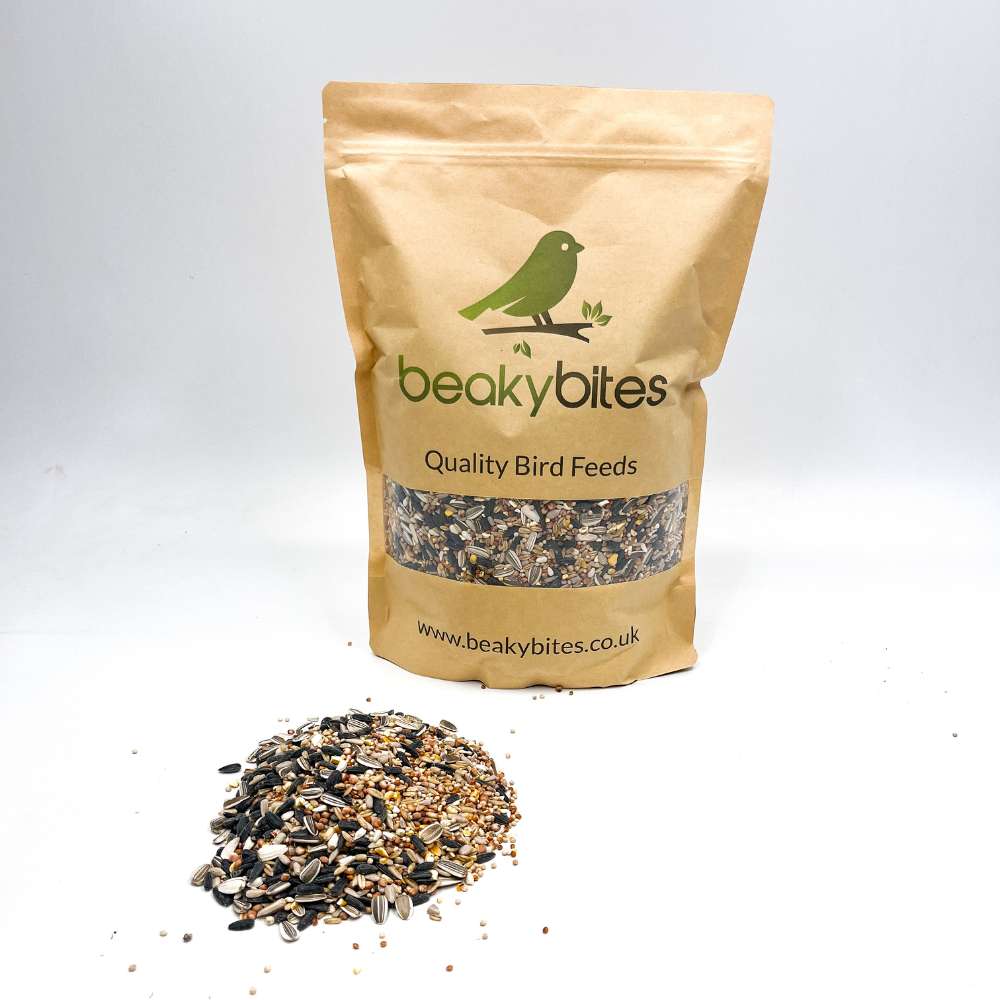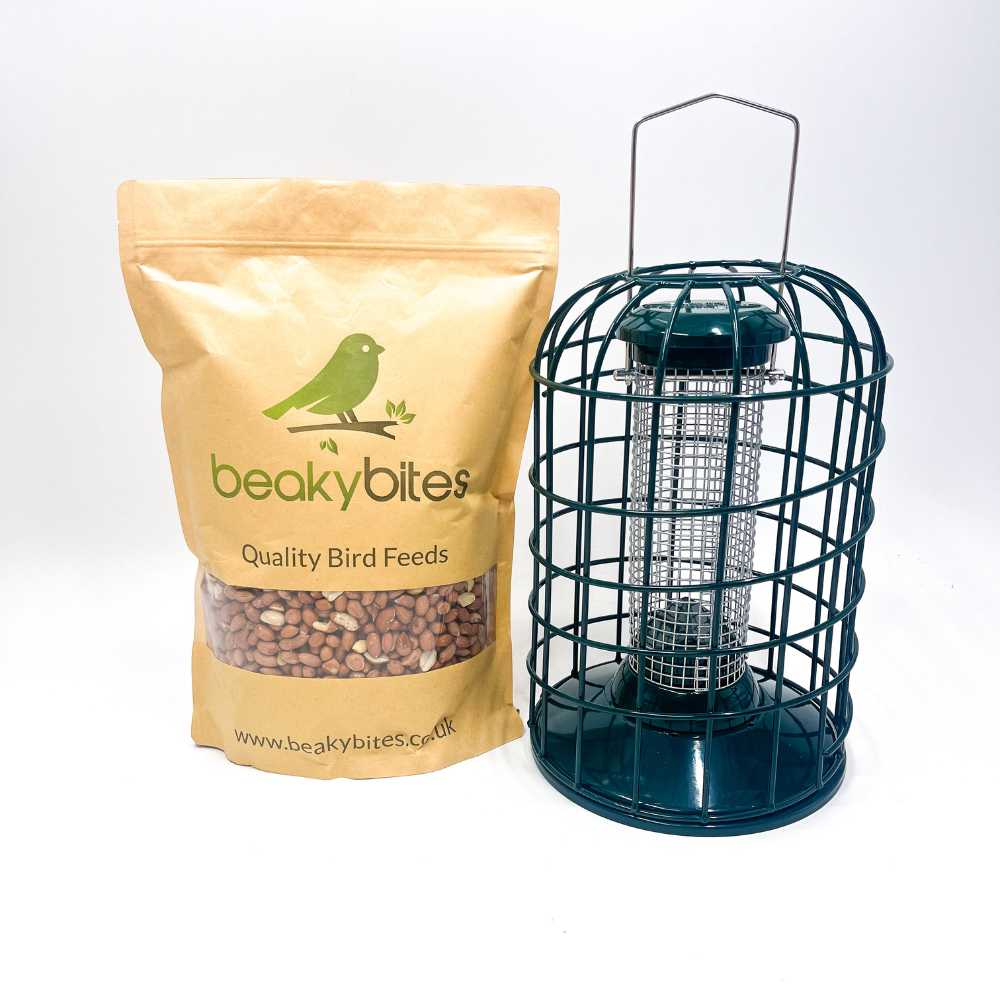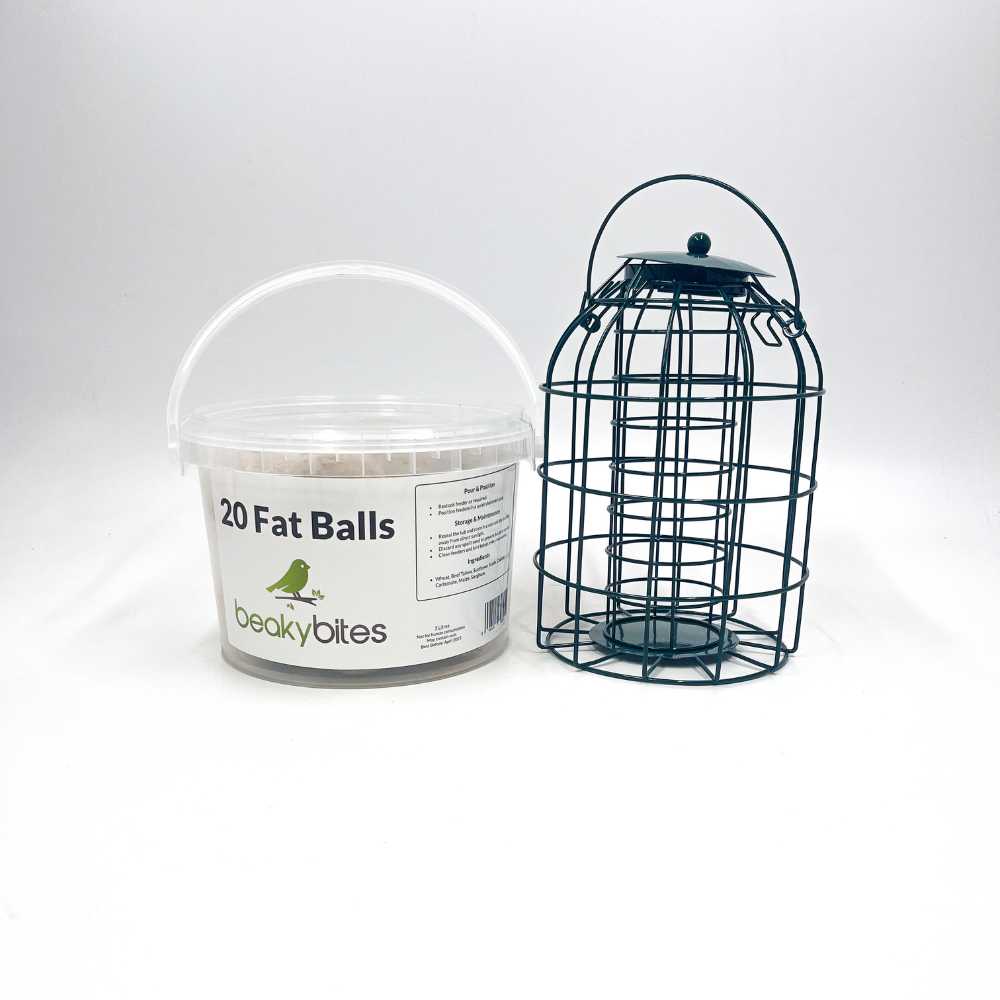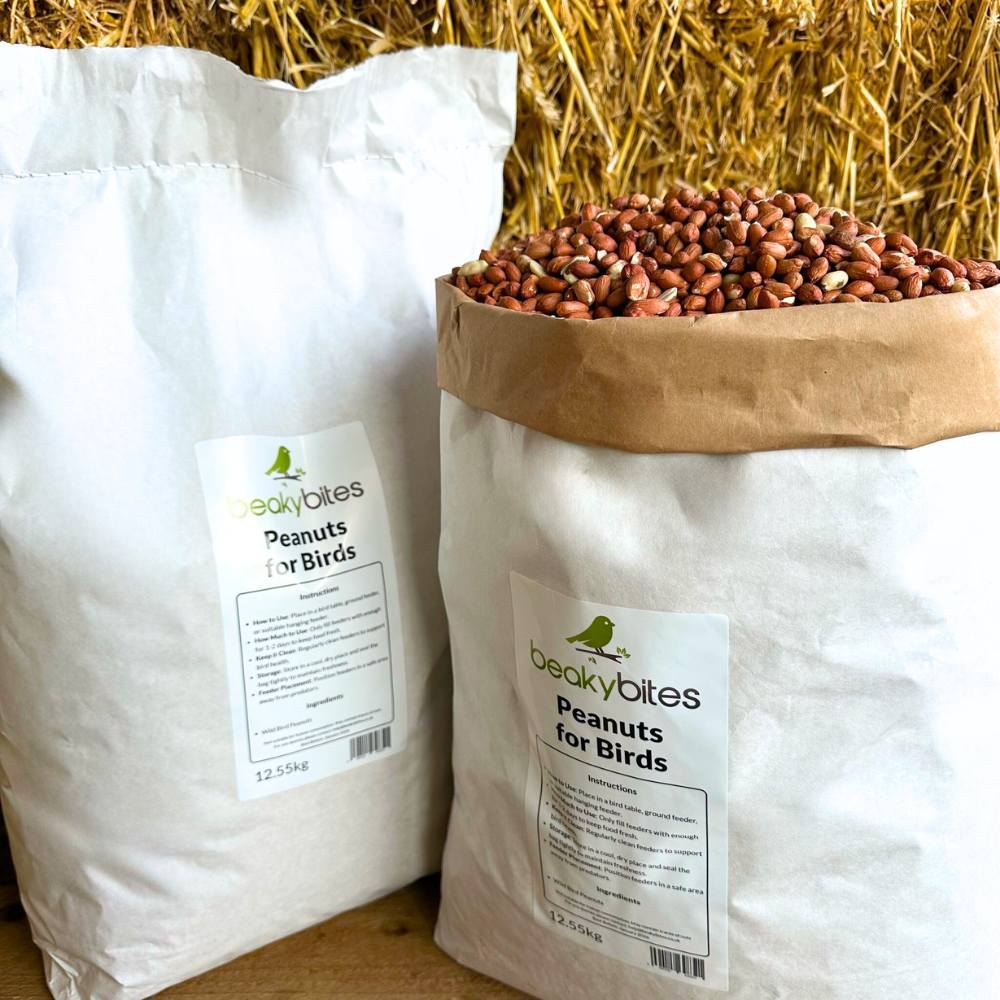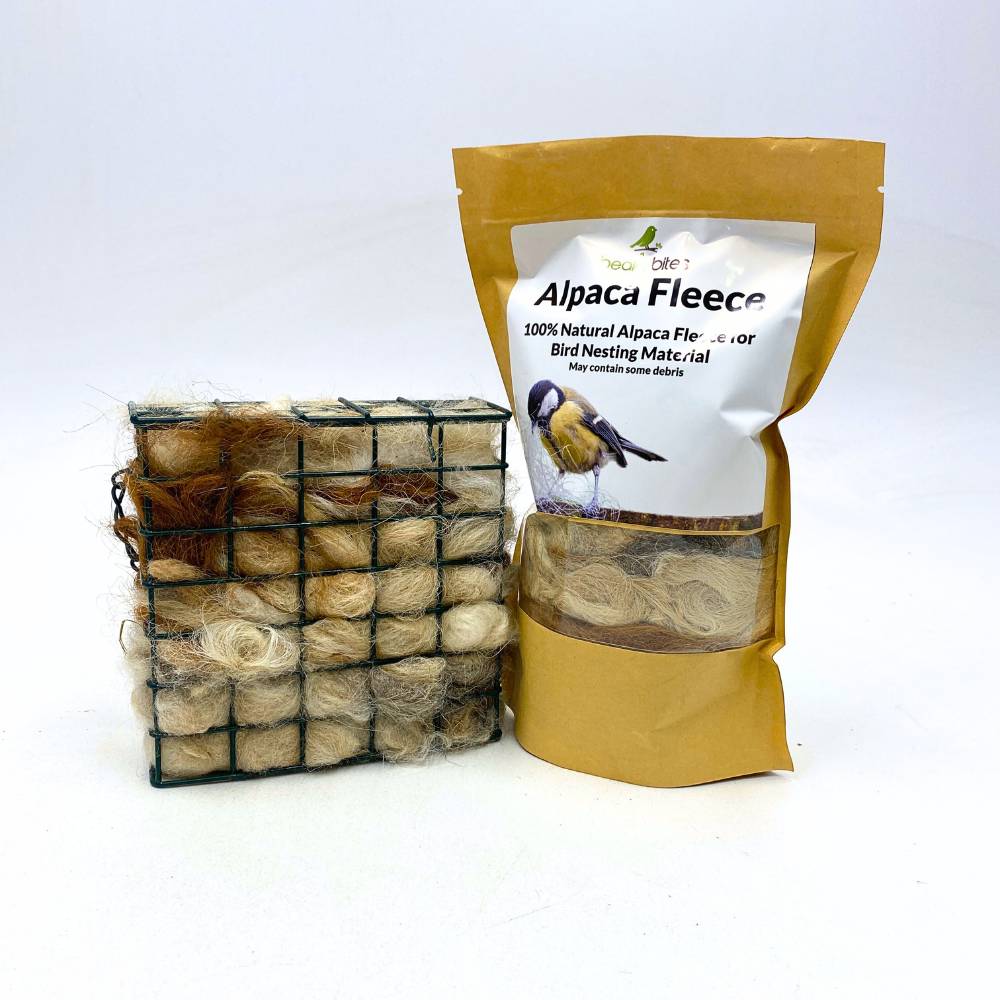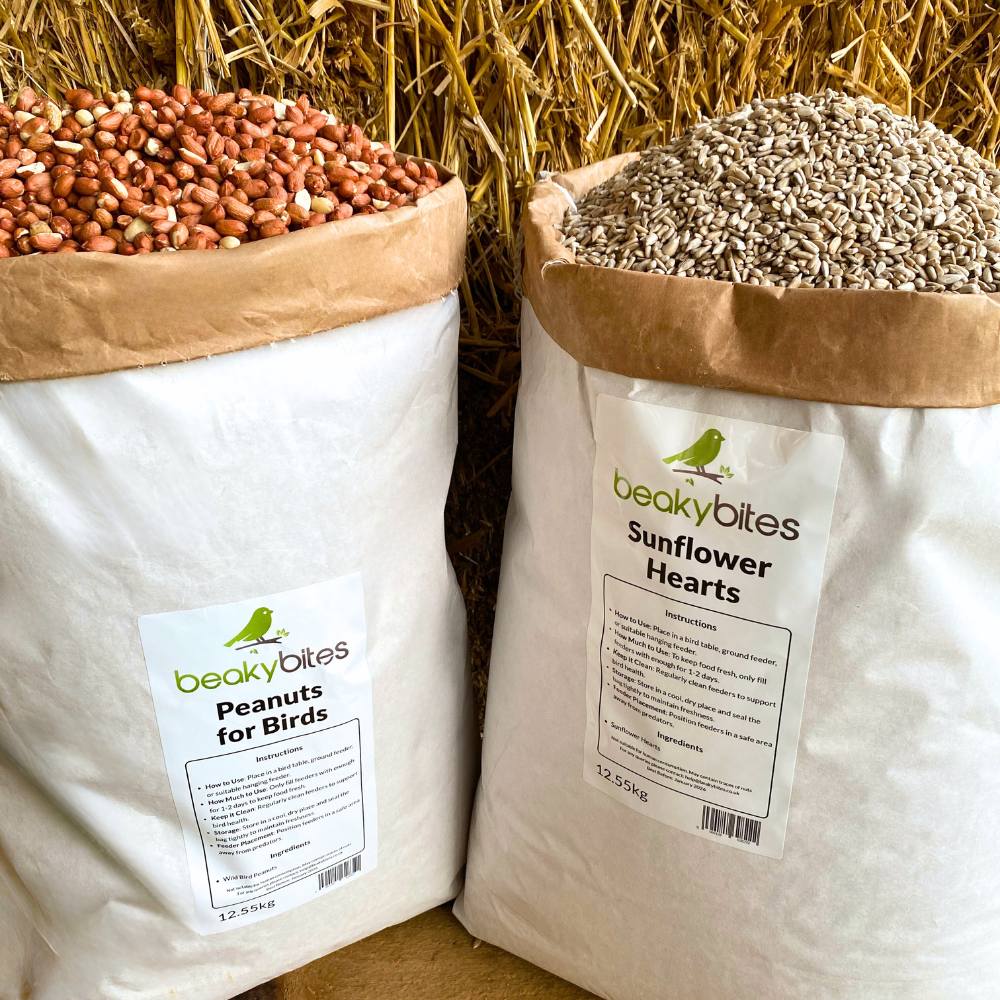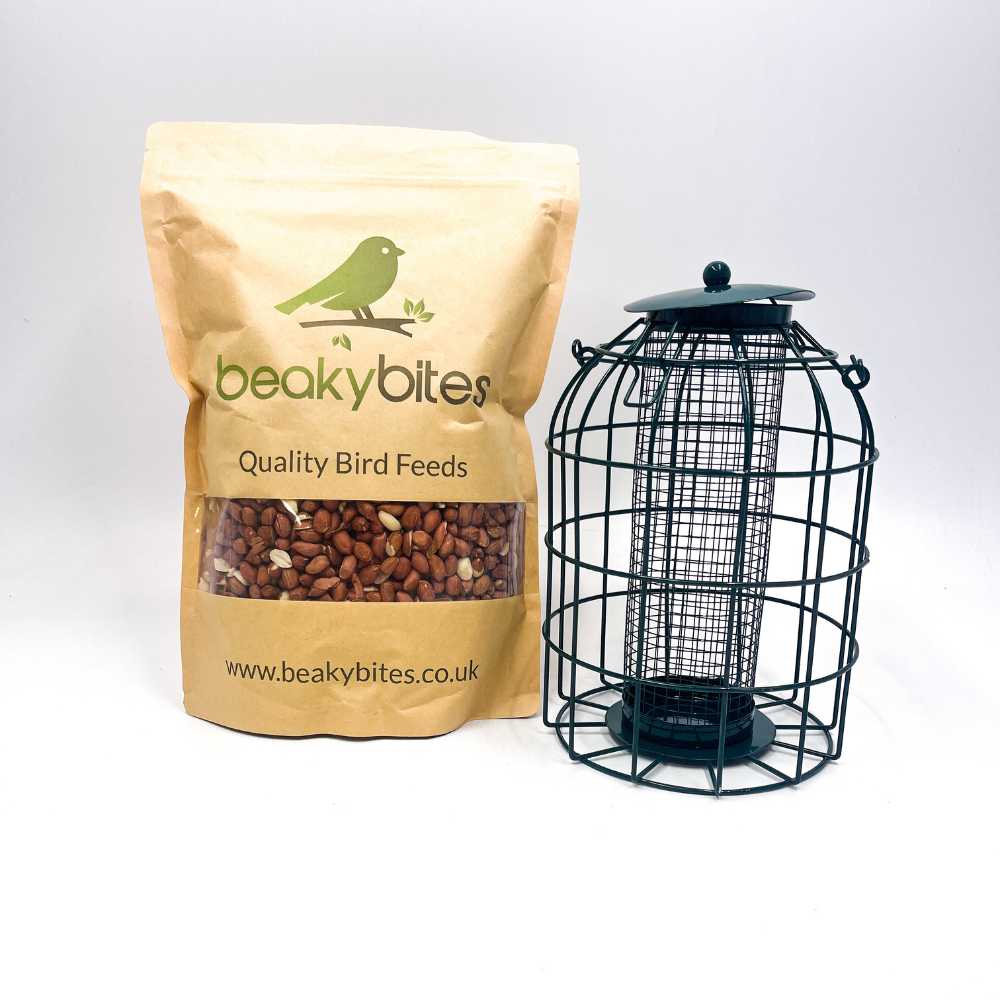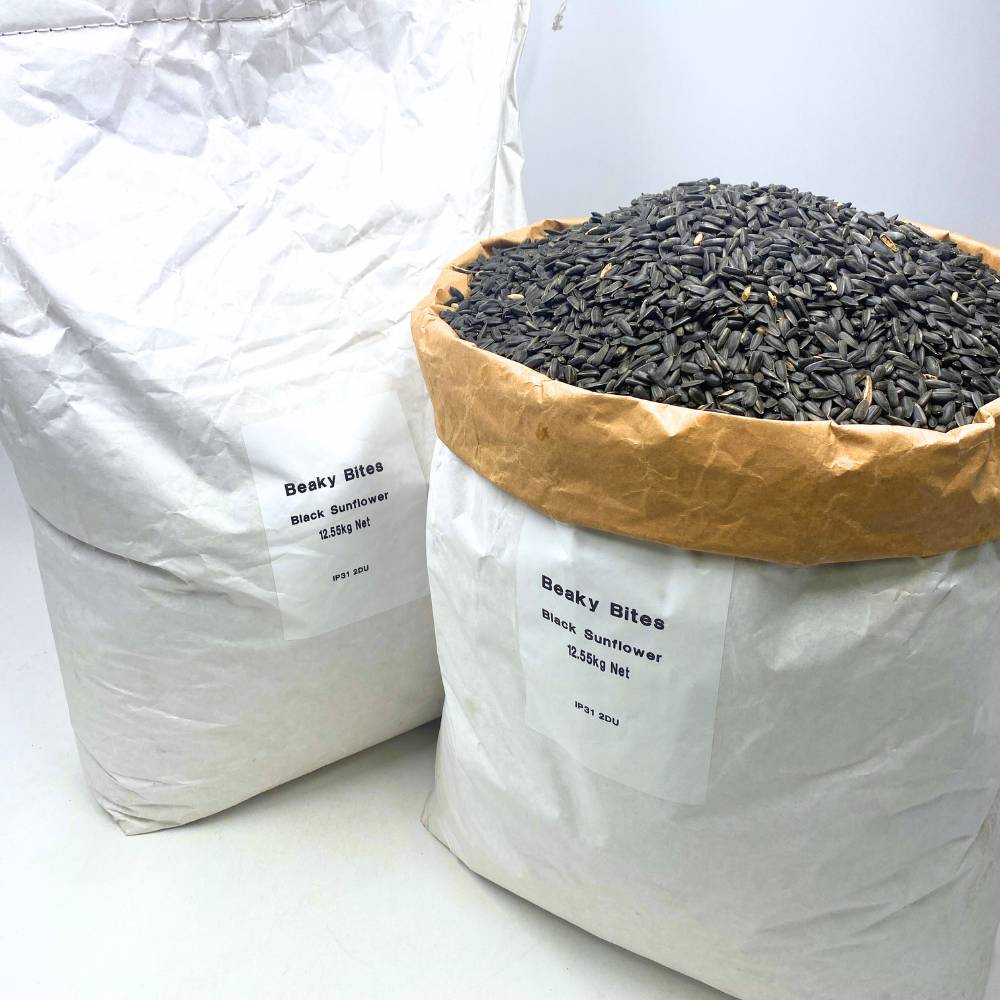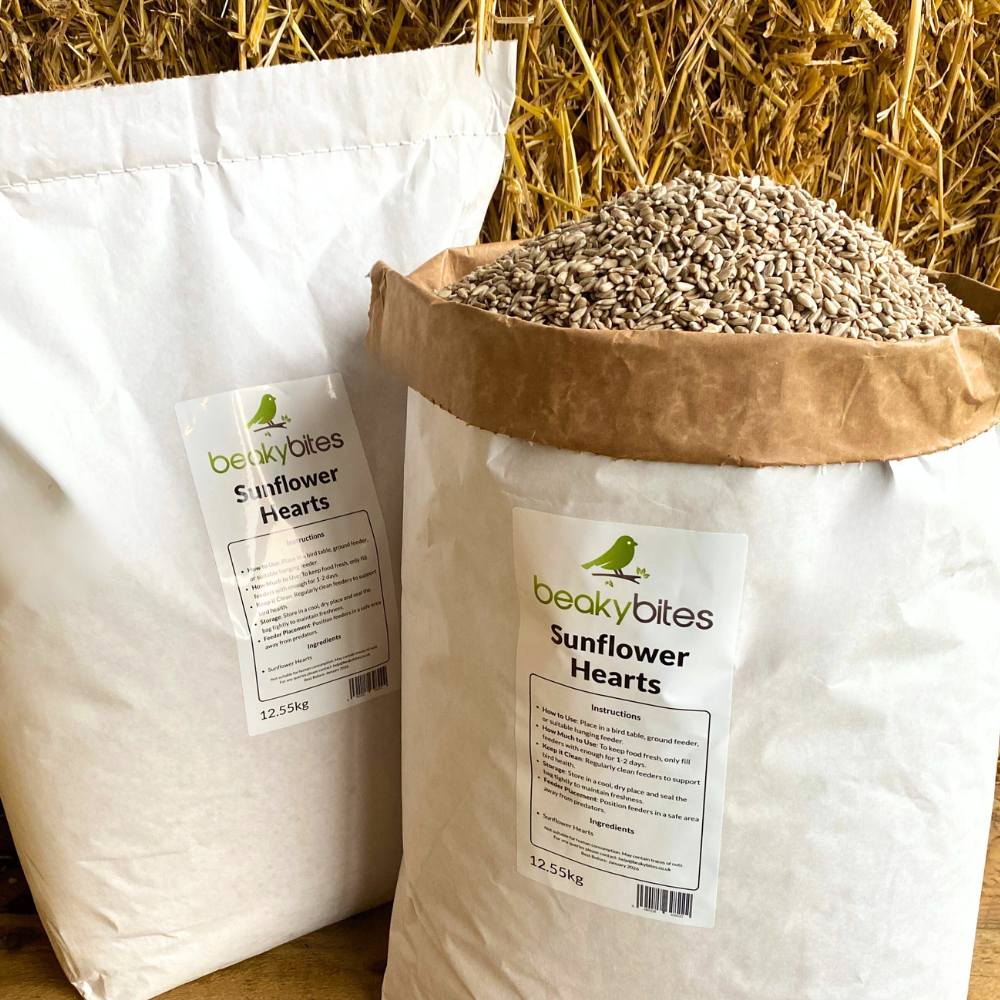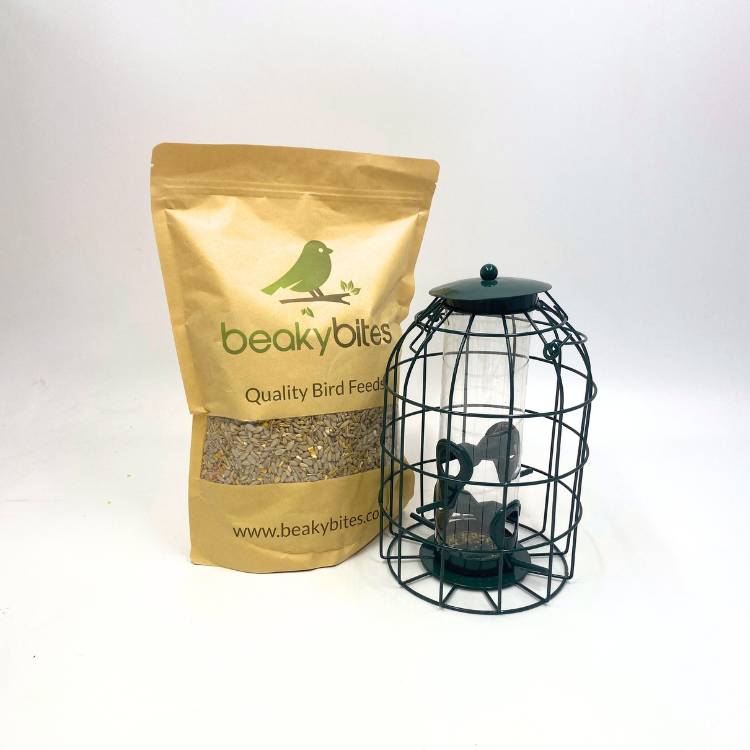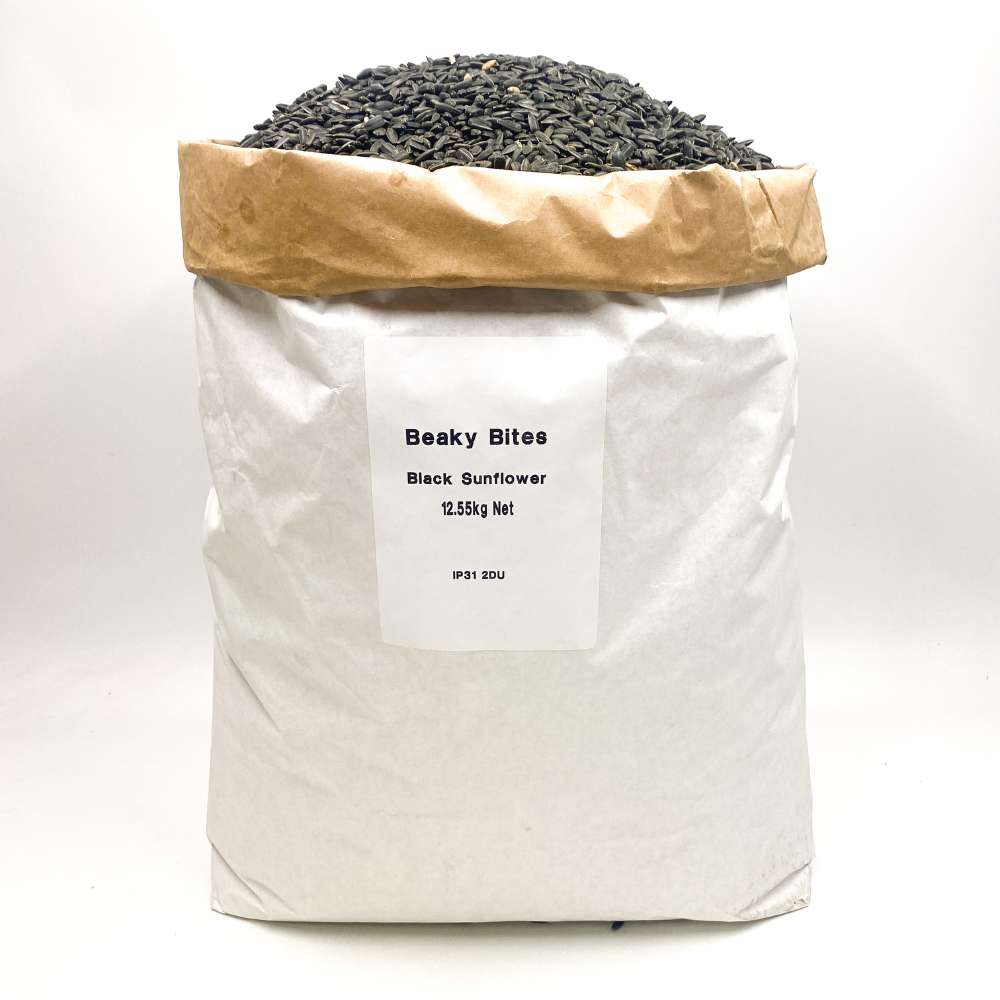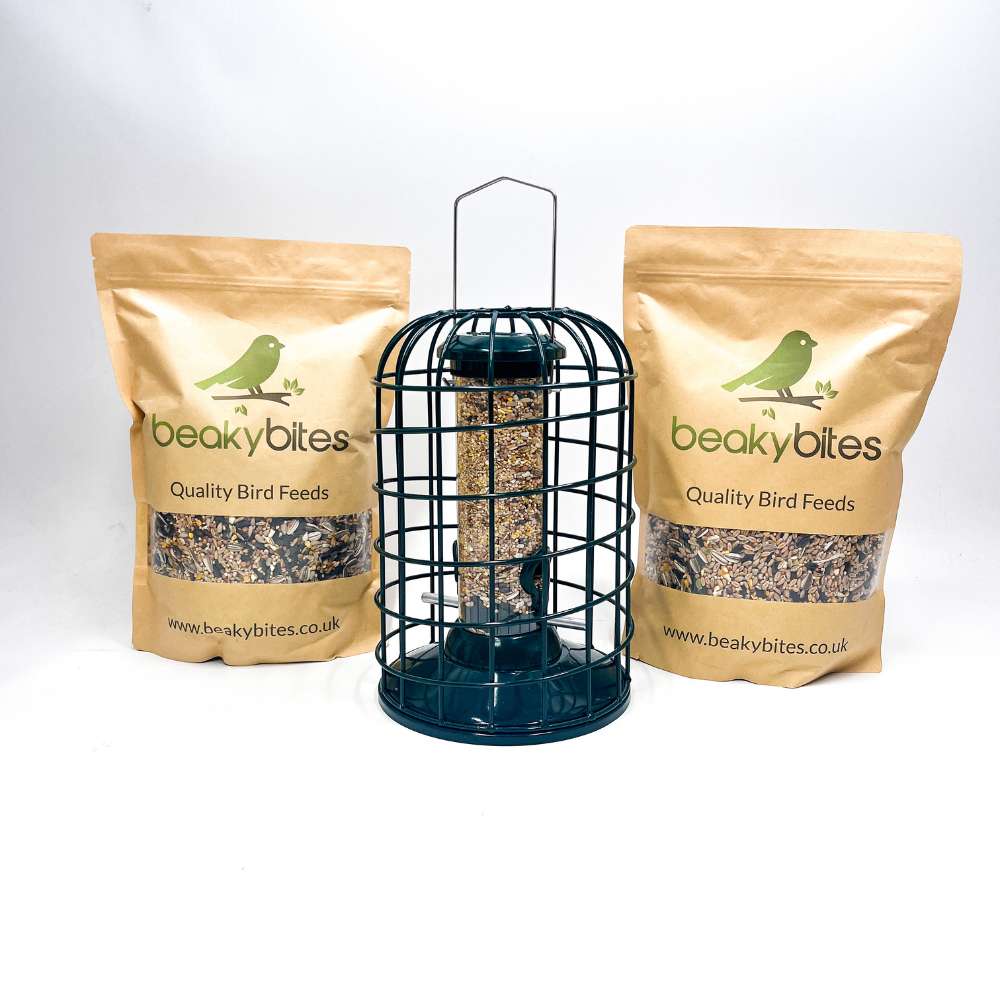How to Help Garden Birds in the Hot Summer
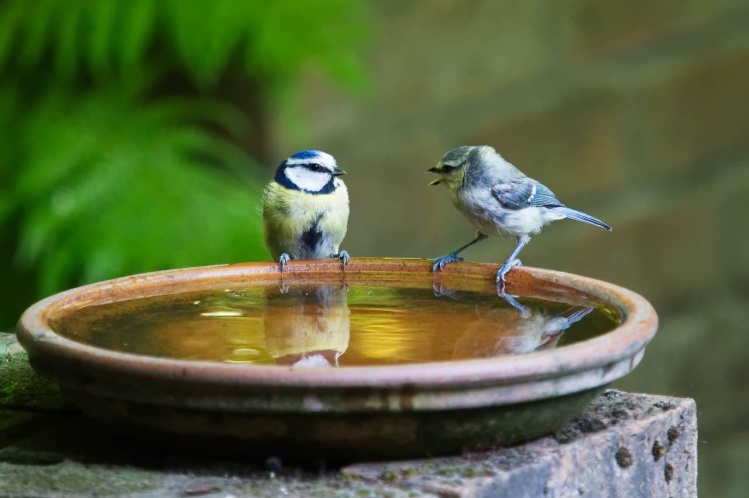
Best Tips on How to Help Garden Birds During Hot Weather
As summer temperatures climb, our feathered friends in the garden face challenges like staying hydrated and finding cool spots to rest. In this article, we’ll share practical tips to lend a hand to these birds during the hottest days. Just like us, birds have their own rhythms with the weather, and as it gets hotter, they need a bit of extra care.
One crucial need they have is to replenish the water they lose through their skin and feathers. Providing fresh water and nutritious food, including options that offer moisture, can really make a difference. By creating shady spots and maintaining a welcoming environment, you can turn your garden into a comforting sanctuary where birds can thrive despite the summer heat.
What we'll Cover
Fresh Water: Ensure a continuous supply of fresh, cool water through bird baths placed in shady areas.
High-Energy Foods: like sunflower hearts, peanuts, and mealworms to help birds maintain their energy levels during hot weather.
Shade & Shelter: gives them a safe place to perch and rest, safe from the heat and predators.
Maintenance: clean feeders and bird baths by establishing a regular cleaning routine to prevent mould, bacteria, and diseases.
Providing Fresh Water
Fresh water is essential for wild birds, especially during hot summers, as they face increased challenges in staying hydrated. Birds lose water through respiration, excretion, and even from their skin and feathers. In high temperatures, this loss can be significant and potentially detrimental to their health and survival.
Providing a clean and accessible water source not only quenches their thirst but also helps them regulate their body temperature through bathing. This is particularly beneficial for birds that primarily consume dry foods, as it supplements their moisture intake. Fresh water in bird baths or shallow dishes not only attracts wild birds but also encourages them to linger, offering bird watchers and enthusiasts an opportunity to observe and appreciate these fascinating creatures up close.
Remember providing water doesn't have to be a huge expensive bird bath, even a small shallow tub or bowl of water will help out your garden birds.
Bird baths extend beyond their ornamental purpose; they serve as a lifeline. Whether perched on a stand or nestled on the ground, bird baths invite garden birds for a refreshing dip. When filled with just the right amount of water—about 1-2 inches—it’s easy for the birds to wade and splash, providing much needed relief.
Yet, the location is key. Place your bird bath in a shadowy nook, and if you can, add a bubbler or a water agitator. The gentle ripples will draw the attention of many birds, transforming your garden into a hub of activity.

Feeding Birds High Energy Foods
As we care for our feathered visitors, it's crucial to recognise their heightened energy needs during the draining summer months. High energy options such as sunflower hearts, peanuts, suet pellets, and dried mealworms are essential for birds looking to conserve energy in warm weather.
Sunflower hearts and suet pellets, easily consumed without the effort of cracking shells, become invaluable resources during these times. Niger seeds and mealworms also serve as excellent sources of protein and fats, which are crucial for birds' health and vitality in the summer heat.
Maintaining a consistently filled feeder is key to attracting and retaining a variety of feathered friends in your garden. Birds quickly learn reliable food sources, so a well stocked feeder encourages their return. However, it's important to avoid homemade fat balls during hot weather, as they can spoil quickly and potentially harm birds.
By prioritising high energy foods like suet pellets, sunflower hearts, peanuts, and mealworms, you not only support birds in conserving precious energy but also create a welcoming environment that promotes their well being throughout the summer months.
Creating Shade and Shelter
Thoughtful landscaping with a variety of plant types can create a cool haven for birds to rest and rejuvenate. Trees cast broad shadows that offer excellent perching spots, while dense bushes provide a retreat into deeper shade, protecting birds from the sun's harsh rays. Incorporating long grasses and other flowers can add another layer of cover, giving birds more options to find shelter throughout the day. These natural elements not only enhance the beauty of your garden but also provide crucial protection and support for birds during the hot summer months.
In addition to plants, consider adding birdhouses and garden fountains to further support your feathered friends. Birdhouses offer safe places for birds to rest and nest, away from the heat and potential predators. A garden fountain, while primarily a decorative feature, can double as a bird bath, providing fresh water for drinking and cooling off.
.jpg)
Maintaining Clean Feeders and Bird Baths
Summer’s rising temperatures and humidity can turn bird feeders and baths into breeding grounds for mould and bacteria. To combat this, maintaining a cleaning routine is essential to keep these resources clean, shielding our bird friends from harmful pathogens.
A consistent cleaning regimen of every two weeks is crucial for maintaining a healthy environment for birds. Scrubbing bird feeders with a mild disinfectant and brushing off debris each time new food is added can significantly reduce the risk of disease. Bird baths also require thorough cleaning to ensure the water remains fresh and safe for drinking and bathing as algae can quickly build up if exposed to sunlight over long periods of the day.
Cleaning bird tables and feeders by removing old food that could attract pests is essential for more than just cleanliness. It creates an inviting and safe space for birds to feast and frolic, ensuring your garden remains a healthy and welcoming haven for your feathered friends.
Take a look at our blog on keeping your bird feeders clean for more information
Other Things to Consider
- Sick Birds: If you see a sick bird, try providing it with, food and water and ensuring that it is in shade and protected. If it needs further attention go to your local veterinarian for more advice.
- Deterring Squirrels: Use methods such as squirrel proofing feeders and the 5-7-9 rule to deter squirrels. But remember they are apart of your local ecosystem, so in extreme weather take measures to ensure they to get access to food and water.
- Enjoyment: Remember to sit in your garden and enjoy your garden oasis as the birds sing and flutter around.

Summary
Providing clean, fresh water, high energy food, and ample shelter and shade is essential for supporting wild birds during hot weather. Ensuring that birds have access to these resources helps them stay hydrated, nourished, and cool, promoting their health and well being. Regular maintenance of feeders and water sources is crucial to prevent the spread of disease and keep your garden a safe haven for your feathered friends.
Consistency is key. By offering a reliable supply of food and water and maintaining a bird friendly environment year round, birds will remember your garden as a dependable sanctuary. This consistent care not only supports their survival during extreme weather but also encourages them to return, making your garden a vibrant and lively place for bird watching and enjoyment.
Frequently Asked Questions
What plants and trees provide the best shade and shelter for birds?
- Answer: Trees like oaks, maples, and pines offer excellent shade and perching spots. Shrubs like holly and hydrangeas provide dense cover, while climbing plants like ivy create additional sheltered areas.
How can I protect bird food from spoiling in the heat?
- Answer: Use feeders with shade covers, place them in shaded areas, and provide smaller amounts of food more frequently to avoid spoilage. Avoid homemade fat balls, which can spoil quickly in hot weather.
What signs of heat stress should I look for in wild birds?
- Answer: Watch for heavy panting, wings held away from the body, lethargy, and birds seeking water more frequently. These are indicators that a bird may be overheated and in need of cooling down.
How can I create a bird-friendly garden in hot climates?
- Answer: Provide shaded areas with trees and shrubs, maintain fresh water sources like bird baths or fountains, offer high-energy foods, and use birdhouses or nesting boxes for shelter. Ensure regular cleaning of feeders and water sources.
What should I avoid feeding birds during hot weather?
- Answer: Avoid homemade fat balls and any perishable foods that can spoil quickly in the heat. Also, steer clear of foods with high salt content, as these can be harmful to birds.
